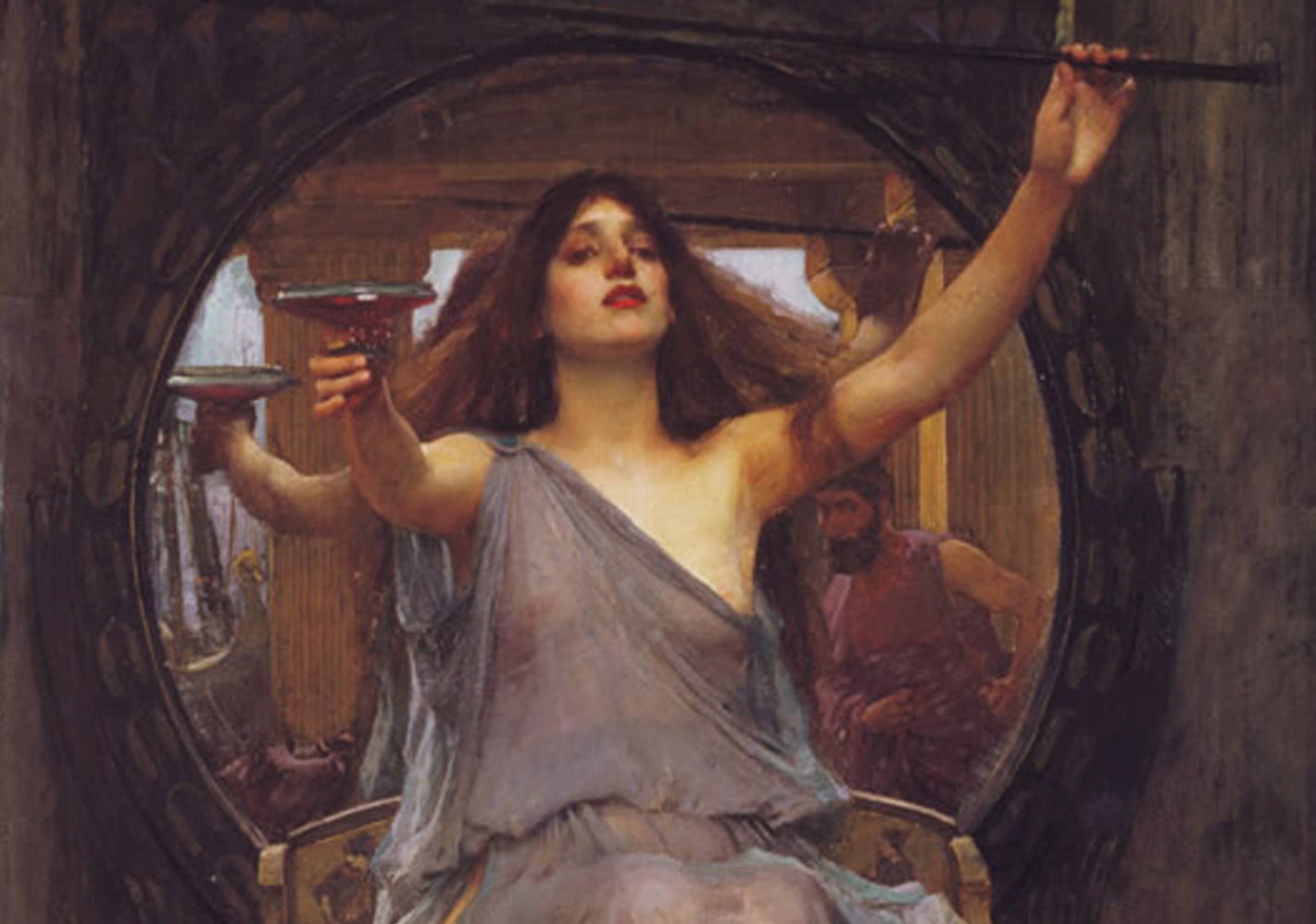
We spoke to the author Madeline Miller about her new novel Circe, our book club choice for April...
Who was Circe? Why is she described as the first witch of western literature?
Circe is a goddess, the daughter of the sun god Helios. She first appears in Homer's Odyssey (ca 700 BCE), where she famously uses her magical drugs to transform men into pigs. She also has other traditionally witchy qualities: she wields a wand, has special knowledge about death and monsters, and keeps tame lions and wolves. She is complex, capable of both menace and love. She is unapologetically clever, strong and wise.
What can women today learn from Circe?
Circe lives in a culture that is hostile to women and those without power. She begins life as a cowed, obedient child, but quickly learns that she is the only one who can save herself. Through will, determination and hard work, she is able to carve out an independent life, in spite of those who would keep it from her. Her path isn't always comfortableit is difficult to stand out, and difficult to learn to trust your own instincts when everyone is telling you not to.
Your novel feels very relevant to modern life. Was this purposeful?
Absolutely, though I don't give myself the credit for it. These ancient stories are relevant all on their own. We don't fight in chariots anymore, we don't sacrifice bulls to appease the gods, but we still wage war, still worship, still love and grieve, hope and hate. Culture has changed, but human nature hasn't. Unfortunately, things like abuse of power, misogyny and family dysfunction are all timeless.
Your first novel drew on the story of Achilles, your second on that of Circe. What draws you back to the Greek myths for inspiration?
Their power, their relevance, and their insight into human nature. Homer's world is so vividly rendered and expansive, and his characters so compelling. Patroclus and Circe are both tantalizingly mysterious, and I wanted to dig into what made them the way they are.
When and what drew you to the Classics?
My love of Classics started earlymy mom used to read me bits from the Iliad the Odyssey as bedtime stories. She thinks that makes her sound totally inappropriate, but she definitely knew her daughter. I loved it, and dove into every myth book I could find. There was something about how simultaneously epic and larger than life these stories felt, and also how real and personal. The ancients don't just show us exciting adventures and glorious battles, they show us the bloody and terrible consequences: the broken bodies, the grieving parents and children. For all of its monsters and angry divinities, the Odyssey is a story about humanity: a care-worn and desperate man, yearning to get home to his family.
Tell us about your average day?
I wake up early to small bodies hurtling into the bed, get myself to my writing around 8:30AM, work until mid-day, then eat lunch and try to get some kind of exercise. It's a vital part of my writing, because it shakes loose things that are stuck, and helps clear my head for new ideas. After that, I write some more, edit, answer emails. After my children are in bed, I usually go back to working. The house is quiet, and it's a good time to revisit a chapter or start a new one.
Where do you write?
Propped up in bed or on a couch. It's an old habit which goes back to high school, and I know it makes me sound like a complete layabout, but that's truly the way I'm most productive. If I'm in a proper chair, all I can think about is how uncomfortable I am. I keep the curtains drawn too. I find a little darkness helps me see the story better.
Where do you find inspiration?
One of my favorite things to do when I'm stuck is read a good commentary on Homer. Hearing other scholars debate always helps to clarify my own thoughts. Whenever I need a shot in the arm about writing in general, I like to read advice from famous authors. There's always something wise from Margaret Atwood or Hilary Mantel to give me the push I need.
Image: Circe Offering the Cup to Odysseus, John William Waterhouse
Read more book reviews and author interviews from the TOAST Book Club.

Add a comment